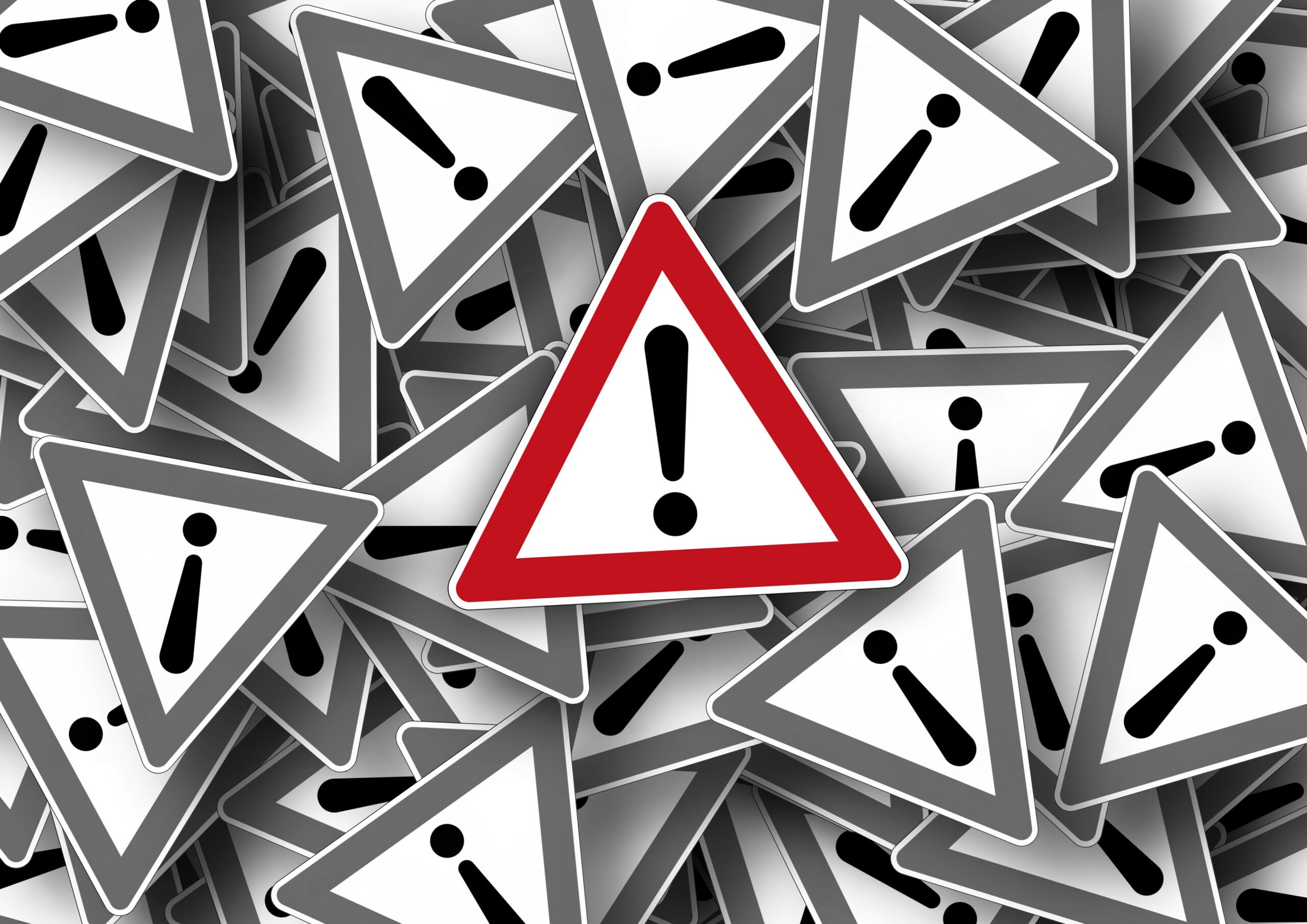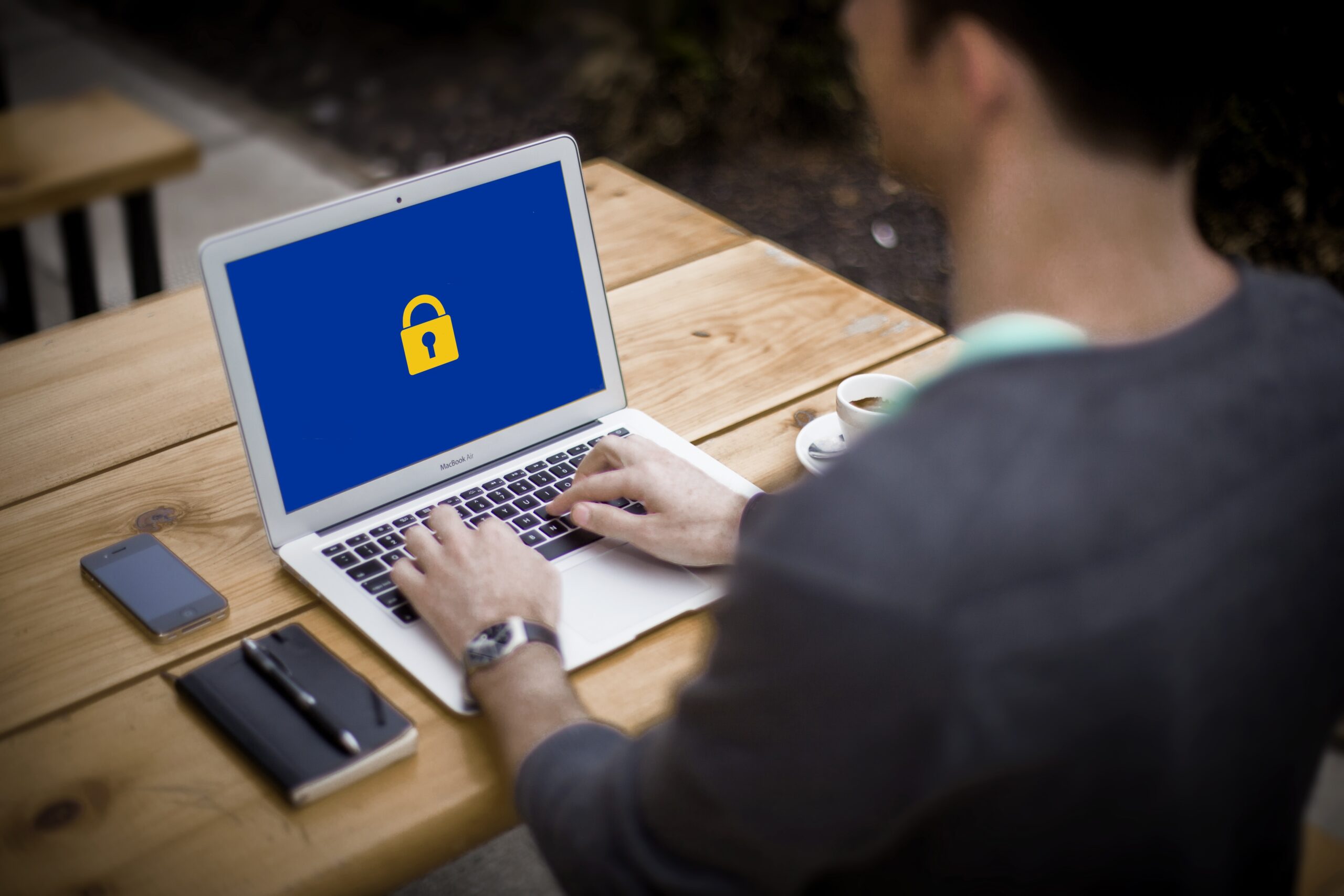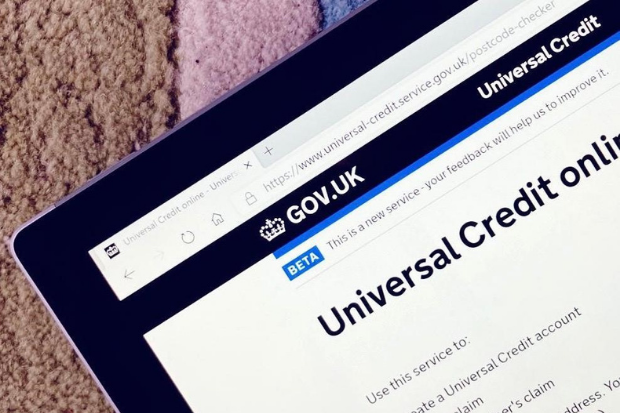China and Russia are among those claimed to be undertaking ‘targeted influence operations’
Credit: Adobe Stock
Foreign states are targeting EU citizens with disinformation campaigns relating to coronavirus, the European Commission (EC) has warned.
Accusing states such as China and Russia of “targeted influence operations and disinformation campaigns in the EU, its neighbourhood, and globally”, the EC warned recent fake news campaigns were having a dangerous impact.
Vice president for values and transparency, Vera Jourova, said the prevalence “really showed that disinformation does not only harm the health of our democracies, it also harms the health of our citizens”.
Related content
- ‘Deadly disinformation’ – MPs claim Chinese obfuscation of data has cost lives
- Most citizens back government action on spread of social-media disinformation
- DCMS unit to lead government’s anti-disinformation work
The warning follows news the Committee on Standards in Public Life will launch a review of UK electoral laws in light of the growth of online campaigning and donations.
In the UK, regulator Ofcom found 38% of people had come across false or misleading information about COVID-19 in the week to the end of May.
Catherine Stihler, chief executive of the Open Knowledge Foundation, said: “The spread of fake news and disinformation on internet platforms is a huge problem during this global health emergency. The EU’s findings make for alarming reading and could have a devastating long-term impact on how society recovers from the coronavirus crisis. The best way to tackle disinformation is to make information open, allowing journalists, scientists and researchers to provide facts to the public.”
She added: “Tech giants have a responsibility to increase transparency and work closely with fact-checkers, but voluntary action is never going to be enough by itself. The UK government should take action against social media platforms and the institutions of the EU must use their influence to force online platforms to provide more detailed information allowing the identification of malign actors, put pressure on them to increase transparency, and encourage closer working with fact-checkers to prevent the spread of disinformation.”



